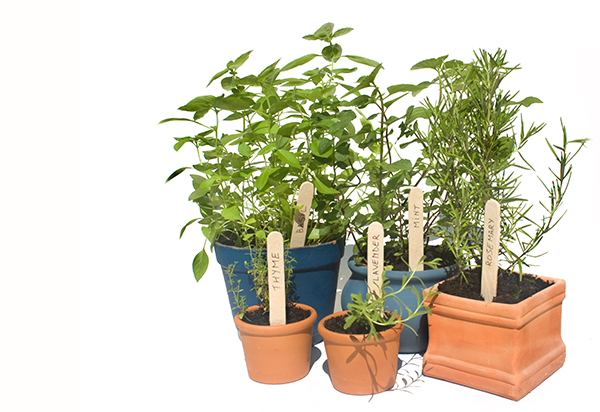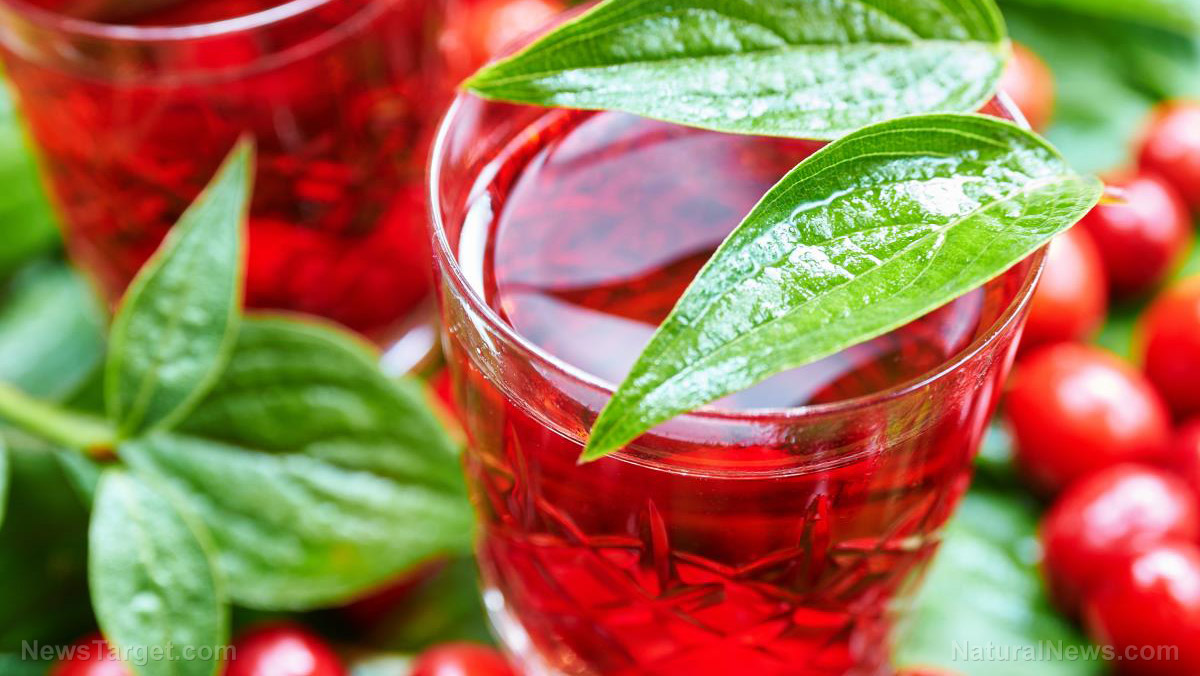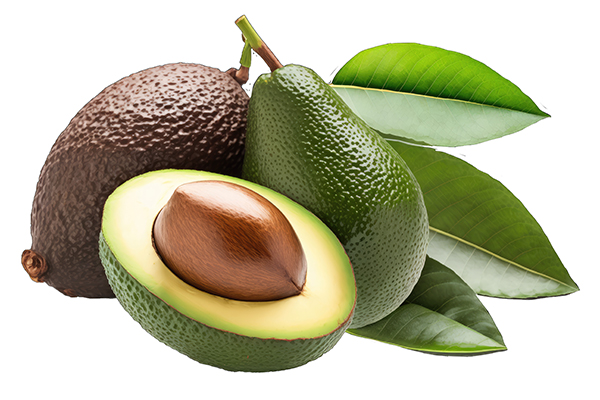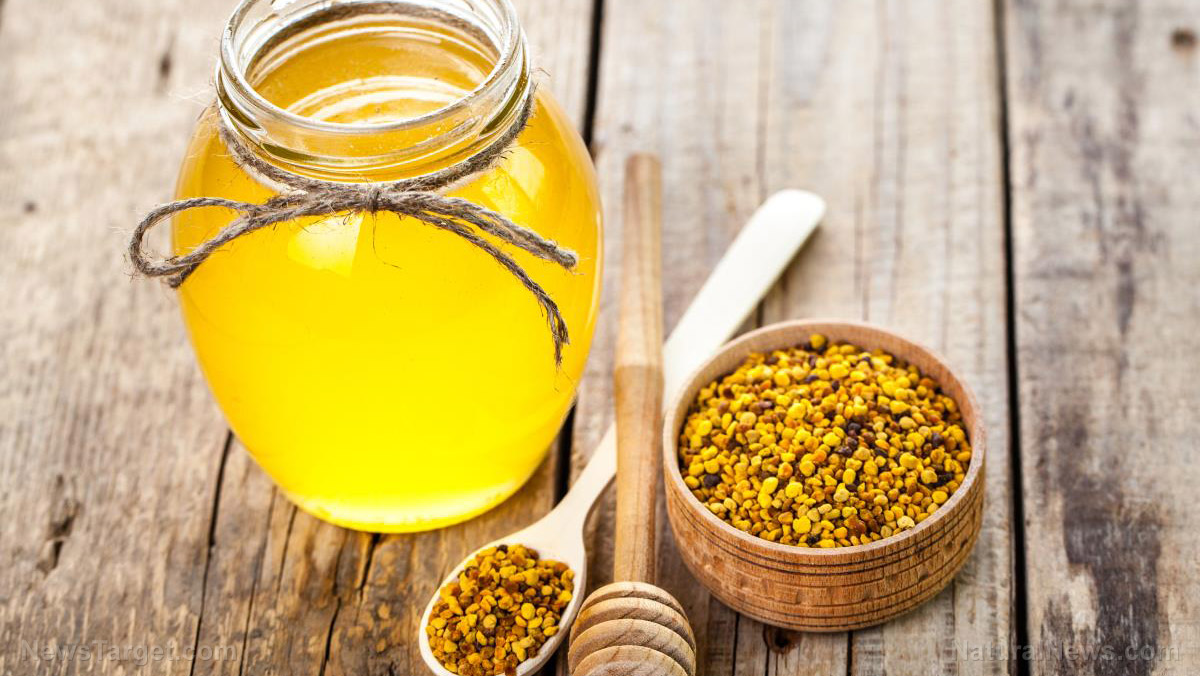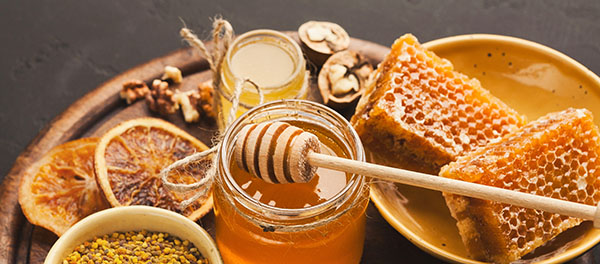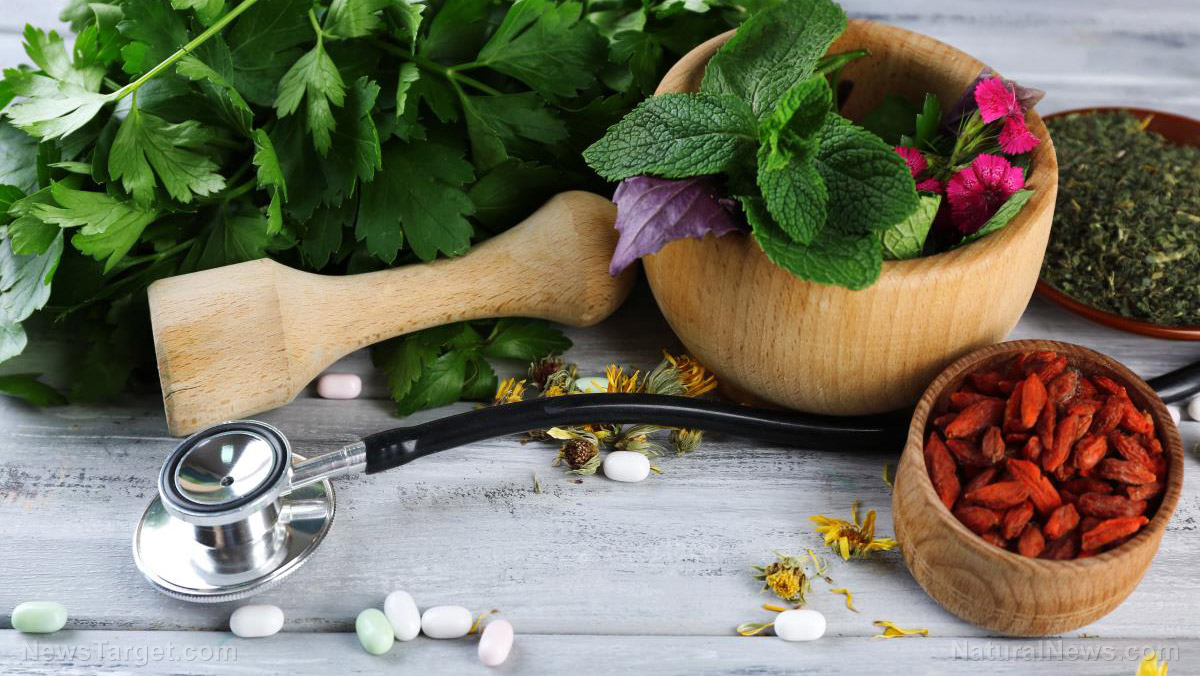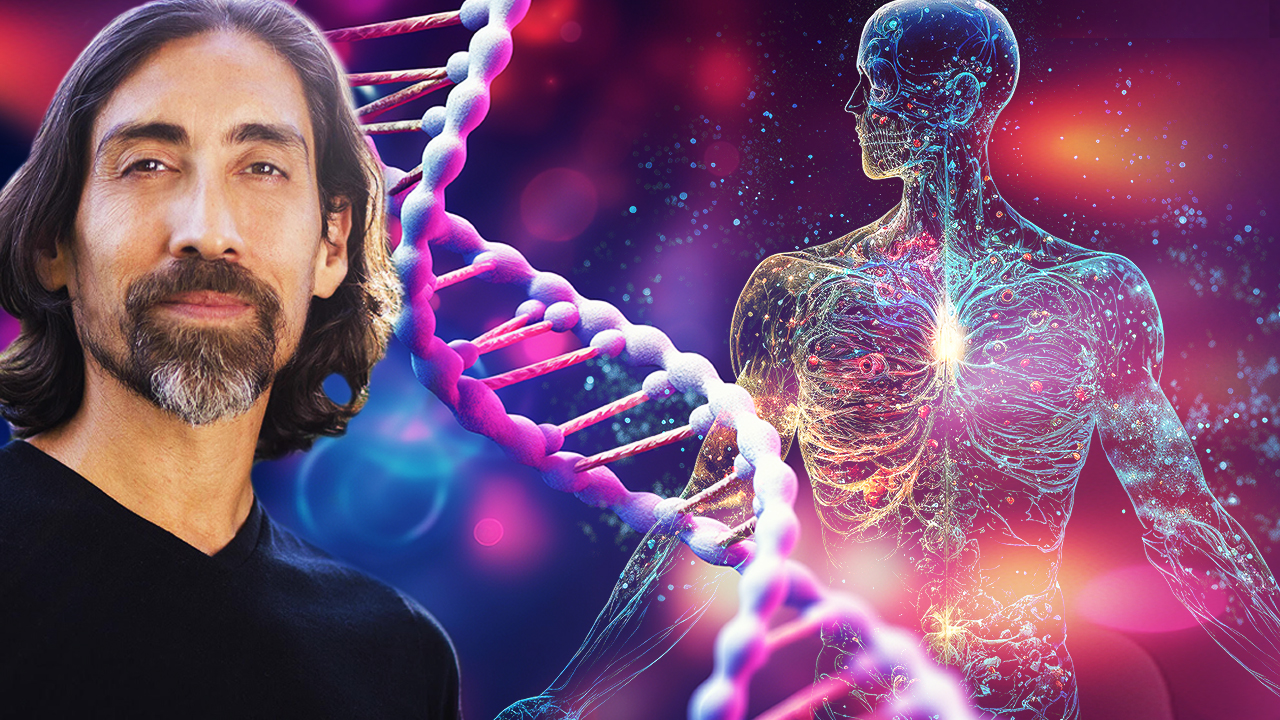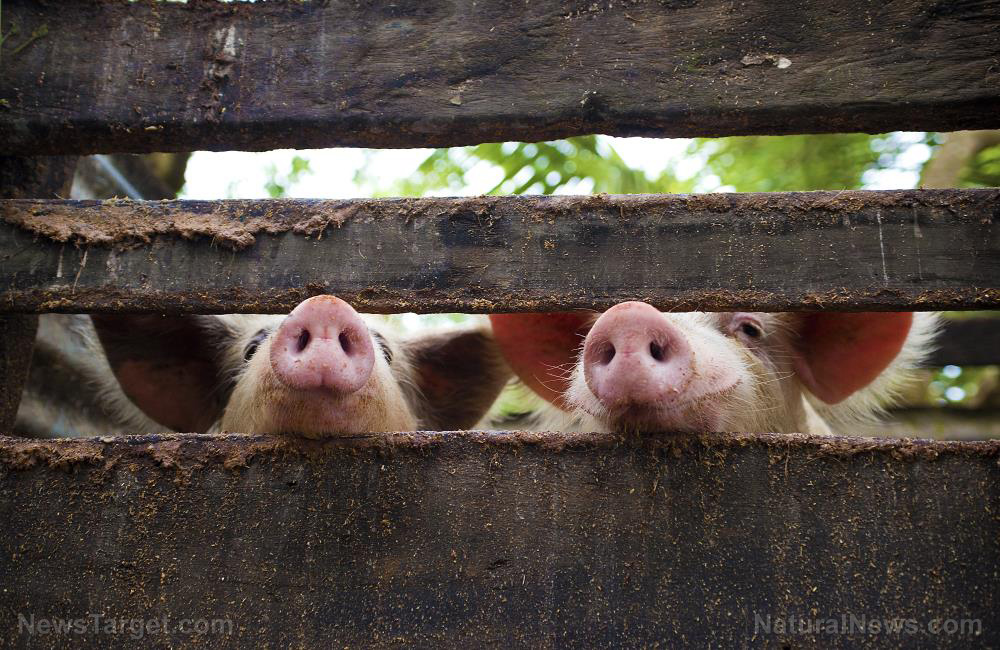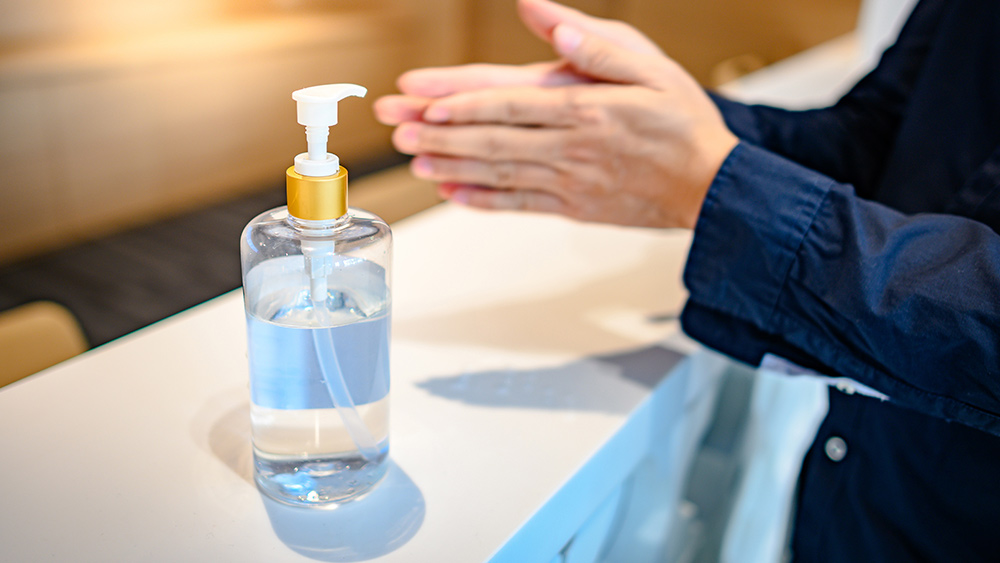This science-backed NATURAL ANTIBIOTIC cocktail is known to help fight off infections
02/14/2024 / By Olivia Cook
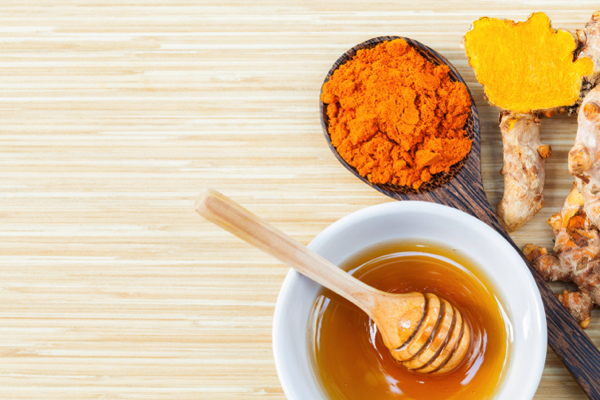
Conventional medications have proven to be effective but unsafe even for short-term use. Because many commonly used medicines cause adverse effects that significantly impact quality of life, more and more people are opting for natural remedies that do the job credibly without serious repercussions on one’s health.
Here is an example of a natural remedy that can be of great help to you all year round. Science has proven that the four natural antibiotics that make up this now-viral remedy can offer sufficient protection against common infections.
The power of ginger, honey, turmeric and vanilla as natural antibiotics
The miracle remedy shared by TikTok star Armen Adamjan of “creative explained” – a concoction made of ginger, turmeric, honey and vanilla – has been hailed as the “most powerful antibiotic,” reports the Epoch Times. For thousands of years, these four ingredients have been used as both food and medicine for various ailments.
With the spread of antimicrobial resistance, natural antibiotics are once again gaining traction and usage because of their incredible biological properties, against which pathogens seem unable to build resistance. This makes them suitable alternatives to conventional antibiotics, the overuse/misuse of which is said to be the root cause of the growing antibiotic resistance crisis.
Here’s what science has to say about ginger, honey, turmeric and vanilla:
Raw honey
Clinical and test tube studies have shown that honey has an inhibitory effect on the growth and survival of around 60 species of bacteria, some species of fungi and certain viruses. Raw honey, particularly manuka honey, is also effective against antibiotic-resistant bacteria, or superbugs, which cause life-threatening infections to humans. (Related: Manuka honey: A versatile superfood that does not expire.)
According to studies, the natural acidity of honey and its hydrogen peroxide content are what suppresses the growth of yeast and bacteria. Other bioactive components, such as terpenes, pinocembrin, benzyl alcohol and syringic acid, also contribute to raw honey’s antimicrobial activities.
Turmeric
Curcumin, the main active compound in turmeric, is known for its strong antioxidant and anti-inflammatory properties. But recent studies have found that curcumin also boasts impressive antimicrobial activities.
A study published in the journal Pharmaceuticals tested curcumin against over 100 different strains of bacterial pathogens and found that is effective against certain species and strains, specifically Streptococcus pyogenes (causes pharyngitis and tonsillitis), methicillin-sensitive S. aureus, Acinetobacter lwoffii (causes bacteremia in hospitalized patients) and individual strains of Enterococcus faecalis (causes urinary tract infections) and Pseudomonas aeruginosa (causes pneumonia and blood infections).
On top of its antimicrobial effects, curcumin in turmeric has also been shown to boost immunity by cooperating with various immune cells to bolster the body’s immune response against external threats. (Related: 12 Medicinal herbs and spices that can boost the immune system.)
Ginger
Ginger root, a staple ingredient of Asian cuisine, is now popularly used as a natural medicine to boost the immune system and support heart health, among other things. (Related: Boost your immune system and overall health naturally with ginger.)
Ginger also possesses powerful antibacterial, antifungal, anti-inflammatory, antimicrobial and antioxidant properties, thanks to beneficial components like gingerol, paradol, shogaols and zingerone. According to a study published in the journal Infection and Drug Resistance, ginger is an effective antimicrobial against Gram-positive bacteria like Streptococcus mutans and other selective oral microbes.
Vanilla
Many people may not be aware that the bean or fruit of the vanilla plant, which is commonly used to make flavoring, can also be used as medicine. (Related: Sweet! Compounds in vanilla extract found to be an effective alternative therapy for postmenopausal osteoporosis.)
According to a study published in the European Journal of Microbiology & Immunology, vanilla contains two bioactive components, namely, vanillin and vanillin acid, that can inhibit the growth, viability, biofilm formation, quorum sensing and virulence of Gram-positive and Gram-negative bacteria, including known multidrug-resistant pathogens.
Recipe for a potent natural antibiotic blend that can boost your immune system
Thoroughly mix the following ingredients in a small clean bowl:
- ½ cup of pure raw honey (e.g., manuka honey)
- 1 teaspoon of ground turmeric (combined with 1/8 teaspoon of ground black pepper to improve curcumin’s bioavailability)
- ½ teaspoon of ground ginger
- 1 teaspoon of vanilla
You can transfer this concoction into a container with a tight lid after mixing so you can store it on your kitchen countertop or refrigerator.
Take one teaspoon of this mixture daily to boost your immunity, prevent inflammation and fight off infections naturally.
Start harnessing the power of honey, turmeric, ginger and vanilla today to experience the incredible health benefits they have to offer!
Learn how to make homemade natural medicine with just four ingredients by watching the video below.
This video is from the Daily Videos channel on Brighteon.com.
More related stories:
The ANTIBACTERIAL potency of honey: A natural alternative to prescription antibiotics.
World’s 11 most powerful NATURAL ANTIBIOTICS that won’t kill your good gut bacteria.
Honey and its many benefits to overall health and wellness.
Sources include:
Submit a correction >>
Tagged Under:
alternative medicine, Antimicrobial, curcumin, food cures, food is medicine, food science, functional food, ginger, health science, herbal medicine, Herbs, infections, natural antibiotics, natural cures, natural health, natural ingredients, natural medicine, phytonutrients, prevention, raw honey, remedies, turmeric, vanilla
This article may contain statements that reflect the opinion of the author
RECENT NEWS & ARTICLES
COPYRIGHT © 2017 NATURALANTIBIOTICS.NEWS
All content posted on this site is protected under Free Speech. NaturalAntibiotics.news is not responsible for content written by contributing authors. The information on this site is provided for educational and entertainment purposes only. It is not intended as a substitute for professional advice of any kind. NaturalAntibiotics.news assumes no responsibility for the use or misuse of this material. All trademarks, registered trademarks and service marks mentioned on this site are the property of their respective owners.

